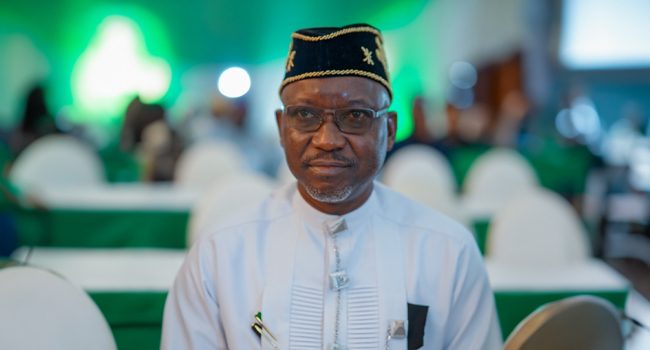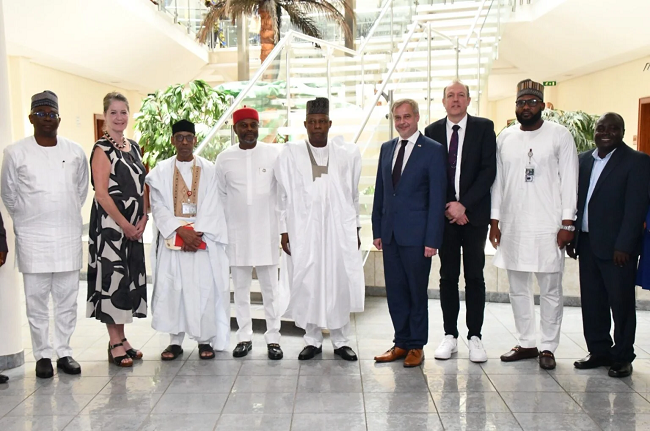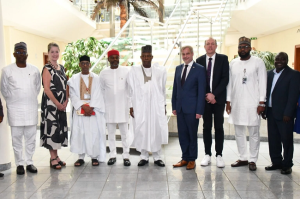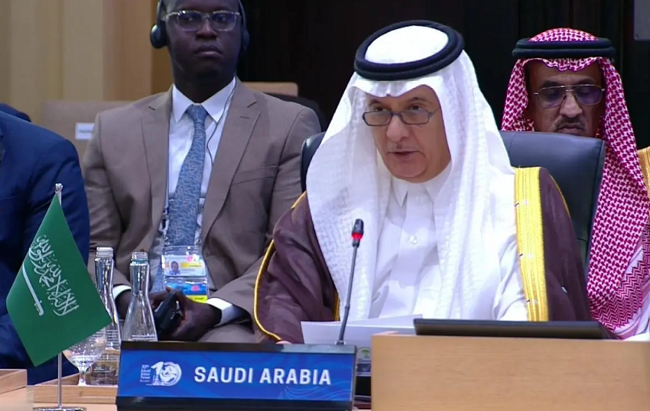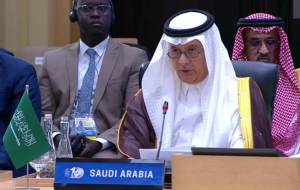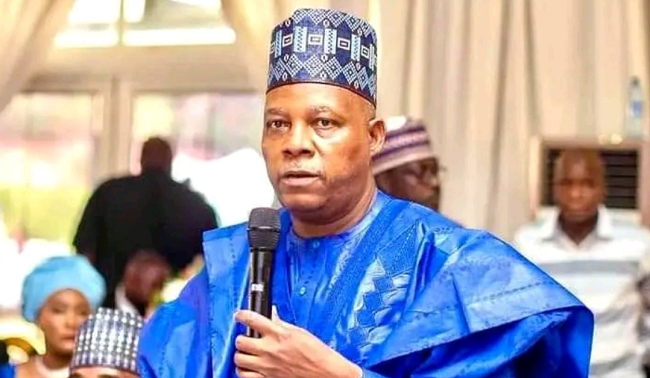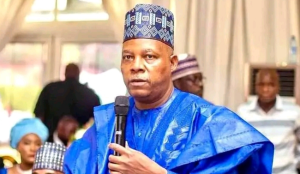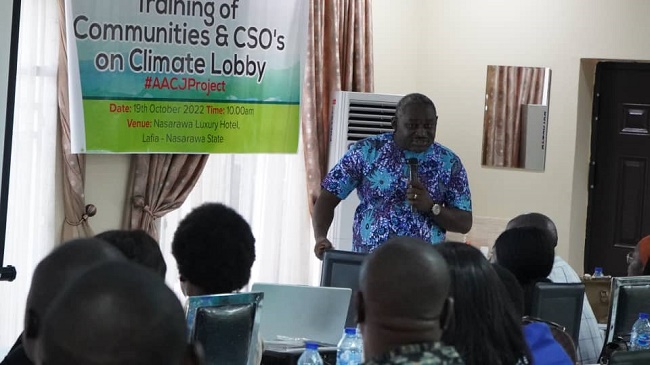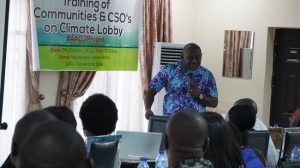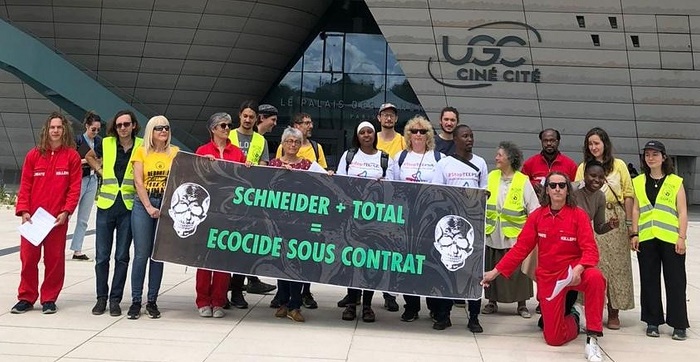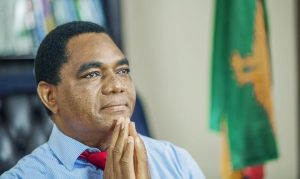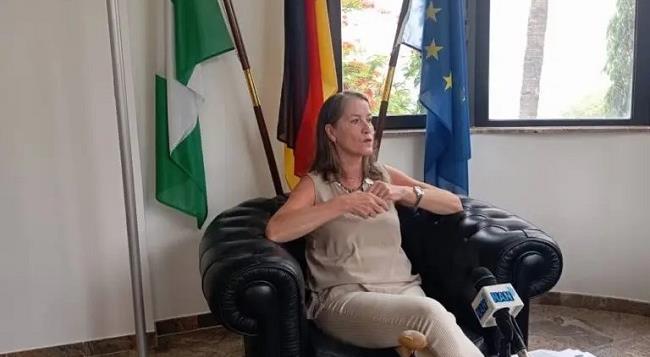For over a decade, Nigeria Liquefied Natural Gas Ltd. (NLNG) has been improving rural gas use in Nigeria through its Domestic LPG (DLPG) scheme.

It ensures steady supply of LPG, otherwise known as cooking gas, affordability and growth across the value chain. NLNG supplies 40 per cent of Nigeria’s LPG demand, delivering over 400,000 tonnes.
NLNG’s focus on the domestic market solidifies its reputation as a top-tier global player. After 35 years, NLNG stands out as Africa’s largest LNG plant and a top sixth player globally. It was once the world’s fastest-growing LNG plant.
Nigeria LNG Ltd. (NLNG) was incorporated as a limited liability company under the laws of the Federal Republic of Nigeria on May 17, 1989, to harness its natural gas resources and produce Liquefied Natural Gas (LNG) and Natural Gas Liquids (NGLs) for national income.
These details are contained in an annual fact-book of the NLNG, a production of its External Relations and Sustainable Division.
However, as the world tackles the dilemma of energy security, energy transition and energy poverty, Nigeria perceives an opportunity to secure a leading position for NLNG and the country as a leading energy player in the future.
In the meantime, in straddling the path of transition, NLNG embarked on a campaign slogan: “It is time for gas.”
In deepening the resolve for domestic LPG intervention, NLNG has received the support and approval of its Board of the organisation to commit 100 per cent of its LPG production to the Nigerian market. while it struggles to compete globally with other LNG companies.
NLNG has always been at the forefront of stakeholder partnerships that strengthen the country, inspire the people and build a sustainable future as the actual volume of the business is expected to grow with the commissioning of Train 7, to continually contribute to the growth to build a better Nigeria.
It is interesting to note that the company’s first domestic propane cargo was also delivered in 2021 just as the NLNG commenced plans for the supply of LNG within the Nigerian domestic market in support of the Federal Government’s Decade of Gas Initiative.
The initiative is expected to stimulate industrial growth in the sector, with conditional SPAs already executed with Nigerian companies as counterparts in the domestic LNG scheme.
Explaining signs of growth in the industry, Mrs Fatima Adanan, NLNG’s General Manager, Finance, at the 7th Nigeria International Energy Summit (NIES) held in Abuja, said the company had been producing over 1.5 million metric tonnes (MT) of Liquefied Petroleum Gas (LPG), solely for domestic consumption.
Adanan said that the company sells LPG to its customers using the Naira denomination while the country uses Butane.
“We decided to make sure that 100 per cent of what we produce in terms of butane is going to be sold in Nigeria-not only in Nigeria-but in Naira so that it is easy for accessibility,’’ she further said.
She explained further that when NLNG started the production of butane, the company was producing 70,000 metric tons as against the present 1.5 million metric tons of LPG.
‘’Our sole designated distribution point is Nigeria. So, part of our vision as a company is to make sure that we make Nigeria a better place,” she added.
Also, Mr Ekperikpe Ekpo, Minister of State for Petroleum Resources (Gas), said the ministry’s action was part of a deliberate attempt to increase the availability of LPG in the domestic market to lessen the financial burden on customers due to the hike in the price of the commodity.
The company was owned by four shareholders with the Nigerian Government represented by NNPC (49 per cent), Shell (25.6 per cent), Total LNG Nigeria Ltd. (15 per cent) and Eni (10.4 per cent).
Economy watchers regard the company as one that had played a pivotal role in the affairs of Nigeria and considered as one of the most important economic projects in the country.
Since the company began operations in 1999 when it shipped its first LNG cargo, the company has brought significant economic benefits to Nigeria, according to finance experts.
NLNG has paid over $40 billion as dividends to stakeholders, out of which 49 per cent accrued to the Nigerian Government courtesy of its shareholding in the company, through the Nigerian National Petroleum Company, NNPC.
Some stakeholders in the oil and gas sector, including Dr David Ige, the Chief Executive Officer of Gas Invest Ltd., have commended NLNG’s impacts on domestic gas utilisation and penetration in rural areas, revealing that the NLNG now supplies about 40 per cent of the total domestic LPG.
From his view, Ige described the contribution of NLNG as a worthy venture, pointing out that: “There is scope in my view in the optimisation of the logistics costs and overall landing price structures to further insulate the domestic market from the inherent volatilities that are inherent in external markets and the application of such international market indices.”
On the social side, NLNG has consistently demonstrated leadership in its corporate social responsibilities while its annual price for literature, amongst others, has continued to promote excellence in literature and creative writing.
Ige, a former Group Executive Director, Gas-to-Power, NNPC, queried the rationale, despite its achievements, Nigeria’s market share in global LNG had continued to slide.
Ige lamented that from an enviable of over 15 per cent some years ago, the country currently accounts for less than two per cent and potentially lower if one factors the prolonged force majeaur by NLNG.
“The next 10 years in the global LNG space will be crucial for NLNG and Nigeria. Supply capacity is expected to surge with many new LNG projects maturing, particularly from low costs and efficient locations such as the U.S. Gulf Coast.
“Many emerging African countries are also showing up in the global LNG space. The bottom line is that competition will intensify,” he noted.
The NLNG, he suggested, would need to examine its business model to ensure continued competitiveness and growth in this evolving market while its approach to feedstock access in particular will be crucial to sustained operations.
Perhaps, he added, that NLNG may need to consider making some of its liquefaction capacity available on an open access tolling basis to attract more gas supply and better utilisation of the capacities, meaning that NLNG will need to address the two issues of sustained capacity/market share and competitive cost.
He said NLNG remains Nigeria’s icon of corporate governance, operational excellence and shareholder value creation.
Also, Dr Ayodele Oni, Partner, Bloomfield Law Practice, viewed that NLNG operations, particularly in its supply of LPG, have significantly contributed to the domestic gas markets and have consequently improved annual domestic consumption in the country.
Oni said: “NLNG as of 2023, supplied about 30 per cent of Nigeria’s domestic LPG demand and remains the highest single supplier of LPG in the domestic market.
“In 2022, NLNG promised to supply 100 per cent of its LPG production to the Nigerian domestic gas market to increase LPG utilisation in the country.
“As of 2023, NLNG supplied about 500,000 metric tonnes of butane to meet the market demand, thus fulfilling its commitment.
“These reflect the commendable efforts taken by NLNG to improve domestic LPG consumption in the country and the significant impact its operations also have on the market.”
He noted that one of the problems associated with the supply of LPG by the NLNG, particularly propane gas, was that the company had alleged that the Nigerian gas domestic market had a lesser demand for propane than butane.
On the contrary, he said that local LPG suppliers had complained that they did not receive sufficient gas supply from NLNG but noted that the resolution lies in NLNG selling propane at affordable prices.
According to him, NLNG also needs to boost its campaign to increase demand for propane, therefore improving gas supply in the market.
Oni said that it was envisaged that, within the next 10 years, NLNG is expected to record an increased global demand for Liquefied Natural Gas, significantly recognised in the world as an energy transition fuel.
By implication, NLNG can be one of the primary exporters of LNG in the world, provided it also improves its efficiency to meet the envisaged demand as it also utilises gas which would otherwise have been flared by gas production companies.
However, it is envisaged that the operations of NLNG will also significantly reduce environmental pollution and further influence the quest for cleaner sources of energy.
NLNG is expected to improve its infrastructure by investing in better technological innovations to improve the quality and efficiency of its operations.
These will reflect in efficiency of NLNG’s operations, improve its production and supply of gas products to domestic and international gas markets and allow NLNG to establish itself as a credible supplier of Natural Gas products.
This will ultimately improve the Nigerian gas domestic market as NLNG has indicated its commitment towards deepening its entry into the market, making gas products, particularly LPG available and affordable to Nigerians.
Commending the NLNG for its investment in local content development in Nigeria, Mr Francis Simon, an oil and gas expert, said NLNG had always expressed commitment to ensuring that Nigerians benefit maximally from all its operations.
This, he added, was beyond mere compliance with local content targets as set out in the Nigerian Oil and Gas Industry Content Development Act (NOGICD) 2010.
He said that NLNG considered Nigerian content as a core part of its strategy in line with its corporate vision of being ‘a globally competitive LNG company helping to build a better Nigeria’.
“The company also expresses its commitment to 100 per cent in-country supply of its liquefied petroleum gas (LPG) volumes within the context of the global energy transition.
According to him, NLNG is critical to ensuring access, availability and affordability of energy for domestic consumption.
He encouraged NLNG to plug into the ongoing efforts by NCDMB to widen LPG distribution and storage across multiple zones in the country.

